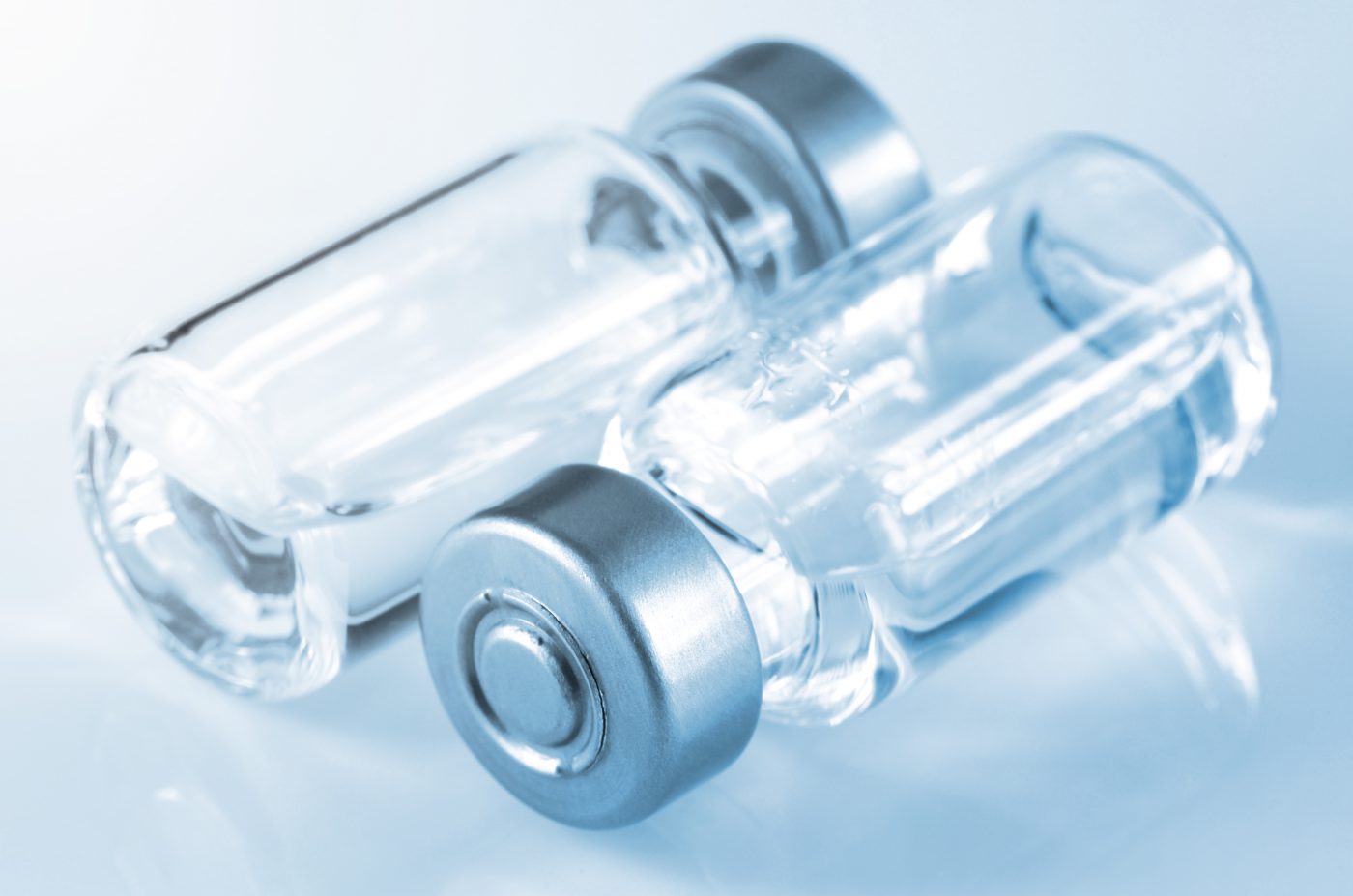Rituximab Safe, Eases Skin Fibrosis in Systemic Sclerosis Patients, Study Suggests
Written by |

Rituximab, an immunosuppressant antibody, alleviates skin fibrosis in patients with systemic sclerosis (SSc) and was also found to be generally safe, according to a study.
The study, “Outcomes of patients with systemic sclerosis treated with rituximab in contemporary practice: a prospective cohort study,” was published in the journal Annals of the Rheumatic Diseases.
Because SSc is an autoimmune disease, clinicians often prescribe patients immunosuppressants, which act by reducing or preventing the symptom-causing immune response.
Previous studies and case reports have suggested that rituximab, a monoclonal antibody that targets immune B-cells (sold under the brand name Rituxan in the U.S., and MabThera in Europe) could reduce skin and lung fibrosis in SSc patients. These reports are, however, limited by their small sample sizes, single-center designs, restricted controls, or short follow-up times.
To better understand the safety and efficacy of rituximab in SSc, researchers reviewed data from the European Scleroderma Trials and Research group (EUSTAR) database, containing clinical information from more than 15,000 SSc patients registered at several international centers.
They retrieved information from 254 SSc patients treated with rituximab (median age of 51 years) from 37 different centers.
Researchers collected data from the start of treatment and after a median follow-up of two years, including the modified Rodnan skin score (mRSS), presence and extent of lung fibrosis based on computed tomography (CT), and lung function assessments such as forced vital capacity (FVC) and gas-transfer from the lungs to the blood (DLCO), among other parameters.
Before treatment, 58% of the analyzed patients had lung involvement, and 32% skin involvement. About half of the patients (53.7%) received disease-modifying anti-rheumatic drugs (DMARDs) — a group of medications that slow disease progression — in combination with rituximab.
Results showed that rituximab treatment was associated with an overall good safety profile. While 79 patients experienced either minor (17%) or severe (14%) side effects, most of them (69%) reported no side effects after the median two-year follow-up period.
Skin assessments showed that treated SSc patients had a significantly lower mRSS score at follow-up than non-treated patients. The lower the mRSS score, the less severe the skin disease or fibrosis.
Additionally, the team found that rituximab-treated patients had less skin fibrosis (22.7 events per 100 person-years) than controls (14.03 events per 100 person-years).
Besides skin improvements, rituximab treatment also resulted in lower blood levels of C-reactive protein, which is a marker of inflammation and disease severity. Accordingly, results showed that about a quarter of the patients treated with both rituximab and anti-inflammatory steroids had stopped the steroid treatment at follow-up. The rest of the patients were able to reduce their daily dosage from 9.5 mg to 7 mg on average.
However, assessments of the lungs at follow-up showed no significant improvement in lung function (in FVC or DLCO parameters), or in the extent of lung fibrosis with rituximab treatment. Although the researchers did observe a trend suggesting improved lung function upon parallel treatment with mycophenolate mofetil (a DMARD), these results were not statistically significant.
During the follow-up period, six deaths were recorded — four were unrelated to rituximab treatment, and two were possibly related to the treatment (two respiratory insufficiencies in the context of lung carcinoma).
“In a large cohort of carefully matched patients treated with rituximab for skin, or lung involvement, rituximab was associated with a good safety profile,” the researchers wrote.
“The outcomes showed a high efficacy on skin fibrosis, but not on lung. Patients treated with rituximab were 2-fold more likely to stop or decrease steroids,” they added.
Considering the link between a worse mRSS and increased mortality, the team suggested that the improved mRSS scores seen in rituximab-treated patients might further indicate a better prognosis.





